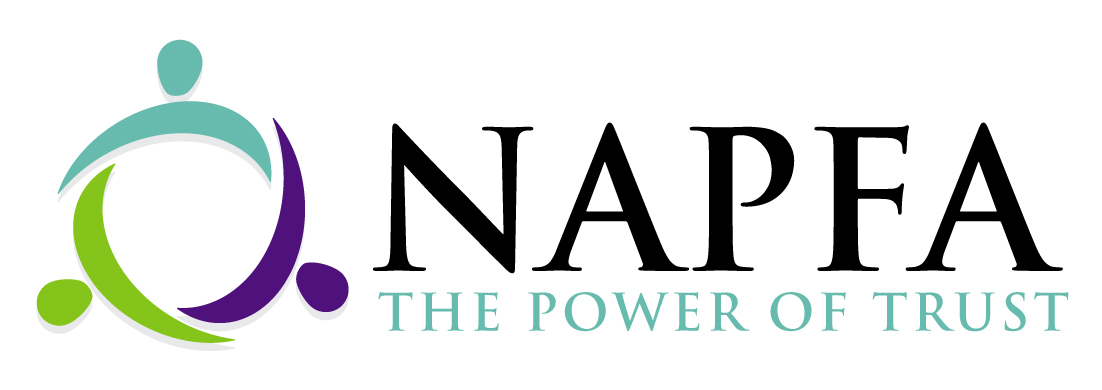Our Process
Financial Planning
Only after articulating short and long-term goals can the multiple ways available to accomplish your objectives be effectively evaluated.
Oftentimes, there are consequences to various courses of action – it is imperative that trade-offs be understood prior to making any decisions and the planning process encourages this understanding. Once a comprehensive plan is developed, it can then be implemented, monitored, and adapted as life changes occur.
Introductory Meeting: This is a complimentary meeting to learn about you and your family as well as your goals. The scope of the planning need is defined, and we determine how to be of service and in what capacity.
Discovery: All your pertinent financial information is collected and reviewed using a confidential, secure online portal. Your goals and objectives, both short and long-term, are articulated, clarified, and quantified. Risk tolerance is assessed, and your financial and non-financial concerns are identified.
Analysis and Plan Development: Your current position is assessed considering overall objectives. Complex modeling and quantitative analyses are performed to evaluate potential alternatives. This is translated into an educational narrative and measurable action plan.
Plan Presentation: The financial analysis, planning recommendations and measurable action plan are presented. You will gain a full understanding of your current financial situation and learn how to improve your plan in alignment with your goals. The financial plan is generally completed within 30 to 45 days from you signing the Agreement assuming timely responses to information requested.
Implementation: Ensure the identified tasks are being implemented based upon agreed priorities. Communication through in-person or virtual meetings, email, and phone calls. This implementation period will be up to 60 days after the plan presentation.
Portfolio Management
After completing the financial plan, a goal-based investment strategy is created that provides the foundation for sound investment decision-making, particularly during volatile markets when investors are otherwise tempted to react irrationally or emotionally. The investment strategy is tailored to the amount and type of risk you want to take on, the level of returns you are targeting and the liquidity you need. We will create a well-diversified portfolio that is aligned with your tolerance of risk and time frame for reaching your goals. This will also include the asset allocation targets, outline management procedures and establish a clear protocol for communications.
We will manage your investments via our custodian, Charles Schwab, or should you prefer to maintain the assets with your custodian, we can provide oversight for those assets held away.
Small Business Financial Consulting
This includes gaining an understanding of your business objectives / vision, developing sales targets and profit margins, evaluating cash flow, and creating budgets, to then explore opportunities or gaps that may impact short-term and long-term goals. This requires working collaboratively with you to create / modify business strategies and tactics to maximize the business.
We will evaluate the benefits of starting a retirement plan as well as implement tax-efficient investing strategies that benefit you and your employees.
If a future sale or internal transfer of ownership is being considered, we help sort through the alternatives and formulate a plan to maximize the value of the business and extract the wealth from it in a tax-efficient manner.
For small business financial consulting engagements, we will meet either in-person, virtual, or by phone one to two times per month or more frequently, if needed.
Money Coaching
The Initial Engagement consists of four one-on-one sessions. Prior to each session, you will receive assignments that need to be completed at least two days in advance of our scheduled sessions so that we have adequate time to review and prepare for our meetings. The process will help with the identifying underlying hard-wired patterns; determining core issues that stem from this patterning; gaining new awareness and understanding of these patterns; gaining insight regarding unconscious attitudes, beliefs, and behaviors.






